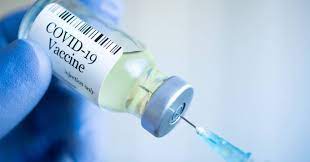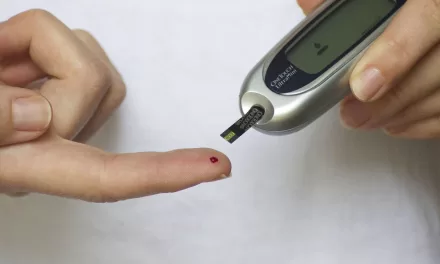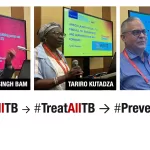A groundbreaking experimental vaccine is providing fresh optimism for women battling triple-negative breast cancer, a challenging form of the disease that has been notoriously difficult to treat. According to new research published on November 13 in the journal Genome Medicine, the vaccine appears both safe and effective, showing remarkable promise in preventing cancer recurrence.
In an early clinical trial, 16 of 18 participants remained cancer-free three years after receiving the vaccine. This represents a significant improvement compared to historical data, which indicates that only about 50% of patients undergoing surgery alone avoid recurrence after the same period.
“These results were better than we expected,” said Dr. William Gillanders, senior researcher and professor of surgery at Washington University School of Medicine in St. Louis. “We are excited about the promise of these neo-antigen vaccines.”
A New Approach to an Aggressive Cancer
Triple-negative breast cancer accounts for 10% to 15% of all breast cancer cases in the United States, according to the National Breast Cancer Foundation. Unlike other types of breast cancer, it does not respond to hormone therapy because it lacks the three key hormone receptors that commonly drive the disease. As a result, patients must rely on surgery, chemotherapy, and radiation, with no targeted therapies available—until now.
In the trial, patients who had undergone chemotherapy and surgery were given personalized vaccines designed specifically for their cancer. Researchers analyzed each patient’s tumor tissue post-surgery to identify unique genetic mutations. These mutations were used to create a bespoke vaccine aimed at teaching the immune system to attack any lingering cancer cells.
Encouraging Immune Responses
Participants received three doses of the vaccine. The results were promising: 14 of the 18 patients developed an immune response, demonstrating the vaccine’s ability to engage the body’s natural defenses.
“We are hopeful that this vaccine technology will improve treatment outcomes for patients with aggressive cancers,” Dr. Gillanders said.
Future Steps and Caution
Despite the encouraging findings, researchers emphasized the need for larger clinical trials to confirm the vaccine’s efficacy.
“We are continuing to pursue this strategy and are conducting randomized controlled trials to directly compare standard care with and without the vaccine,” Dr. Gillanders noted. “While early results are promising, more rigorous testing is essential.”
Looking Ahead
The development of this vaccine marks a significant step forward in cancer treatment. If successful in larger trials, it could revolutionize the care of triple-negative breast cancer and potentially other aggressive cancers.
For more information on triple-negative breast cancer, visit the National Breast Cancer Foundation’s website.
Reference:
Zhang, X., et al. (2024). Neoantigen DNA vaccines are safe, feasible, and induce neoantigen-specific immune responses in triple-negative breast cancer patients. Genome Medicine. DOI: 10.1186/s13073-024-01388-3.











